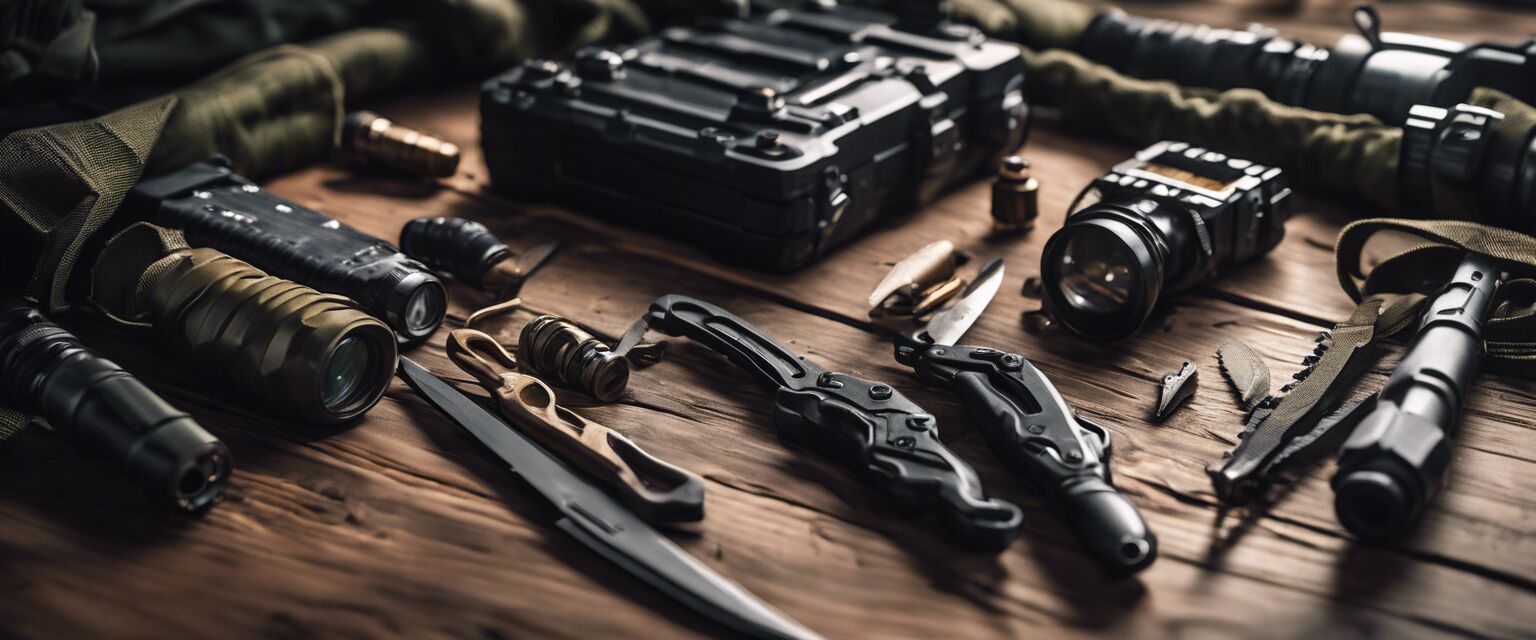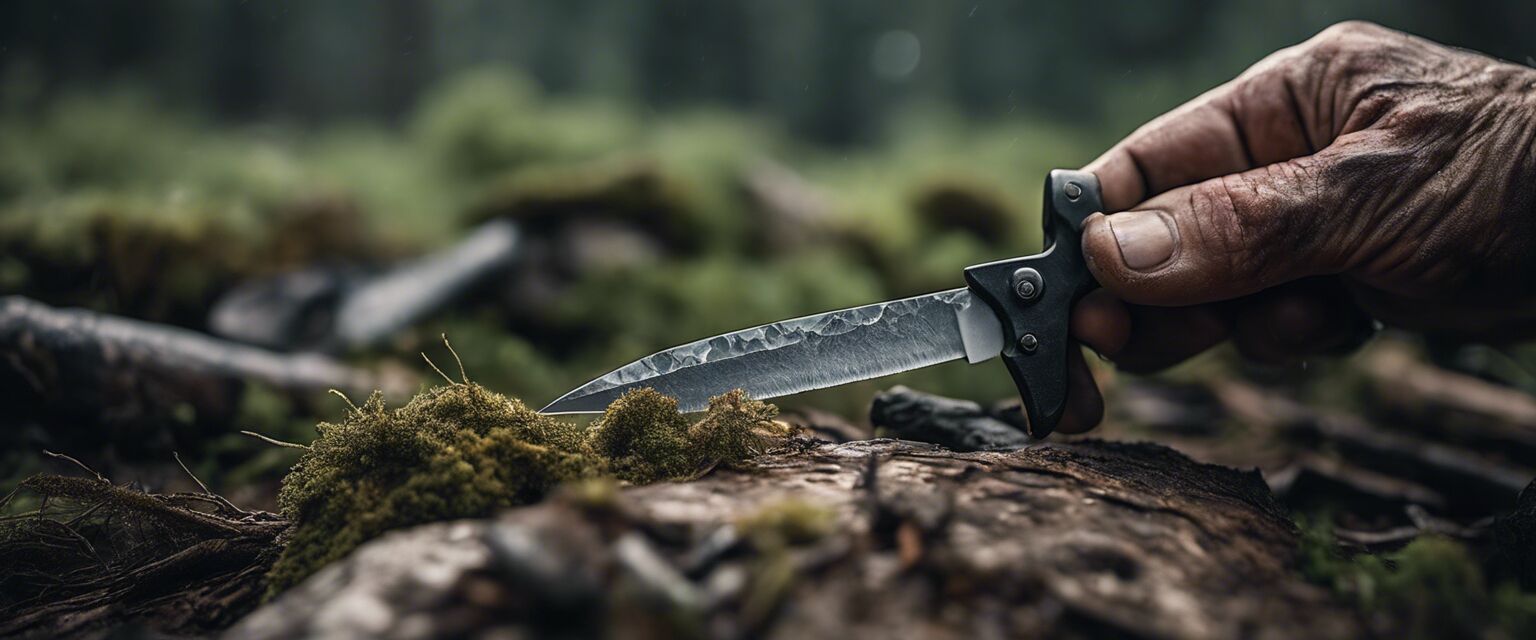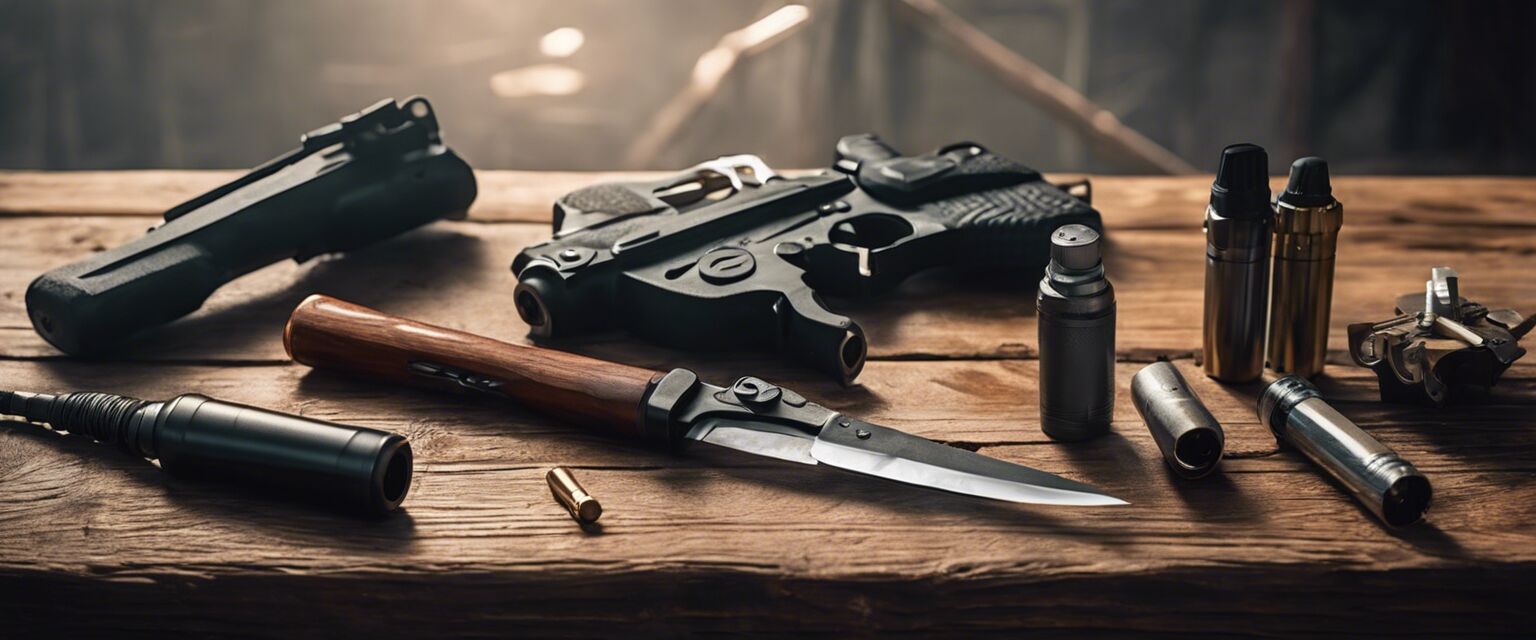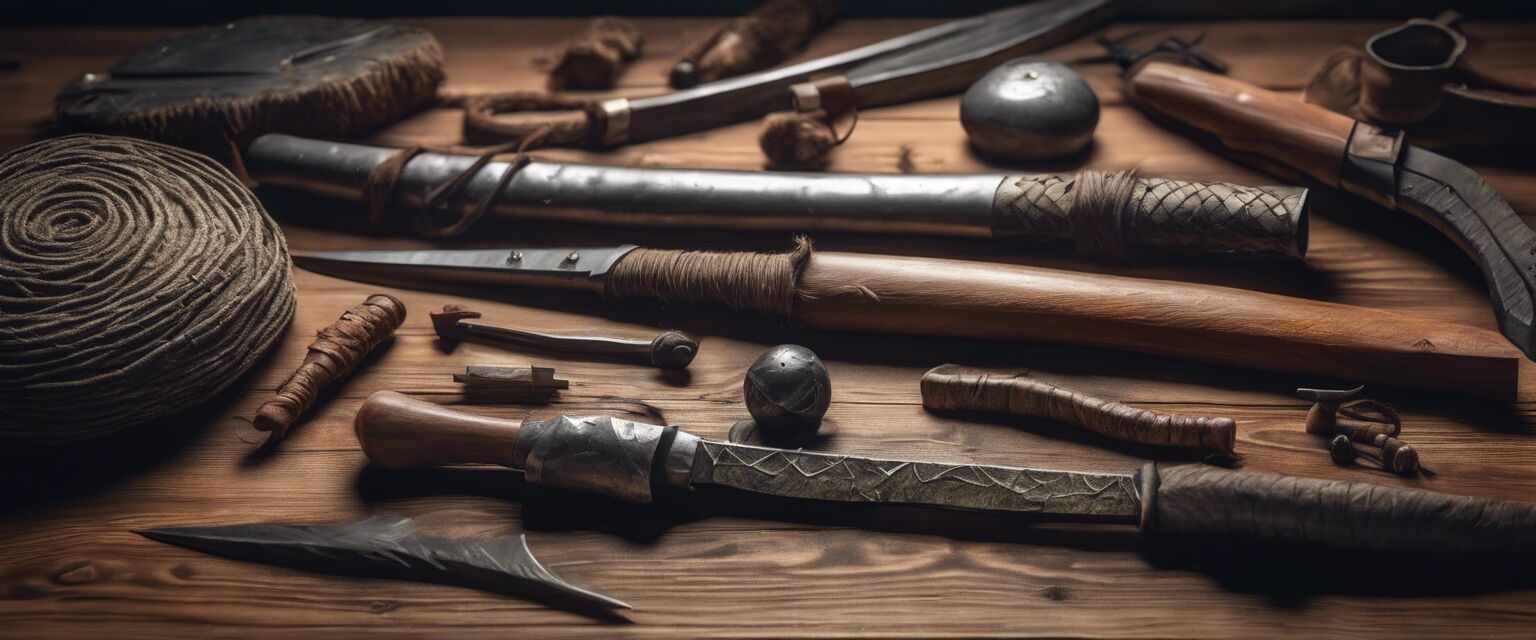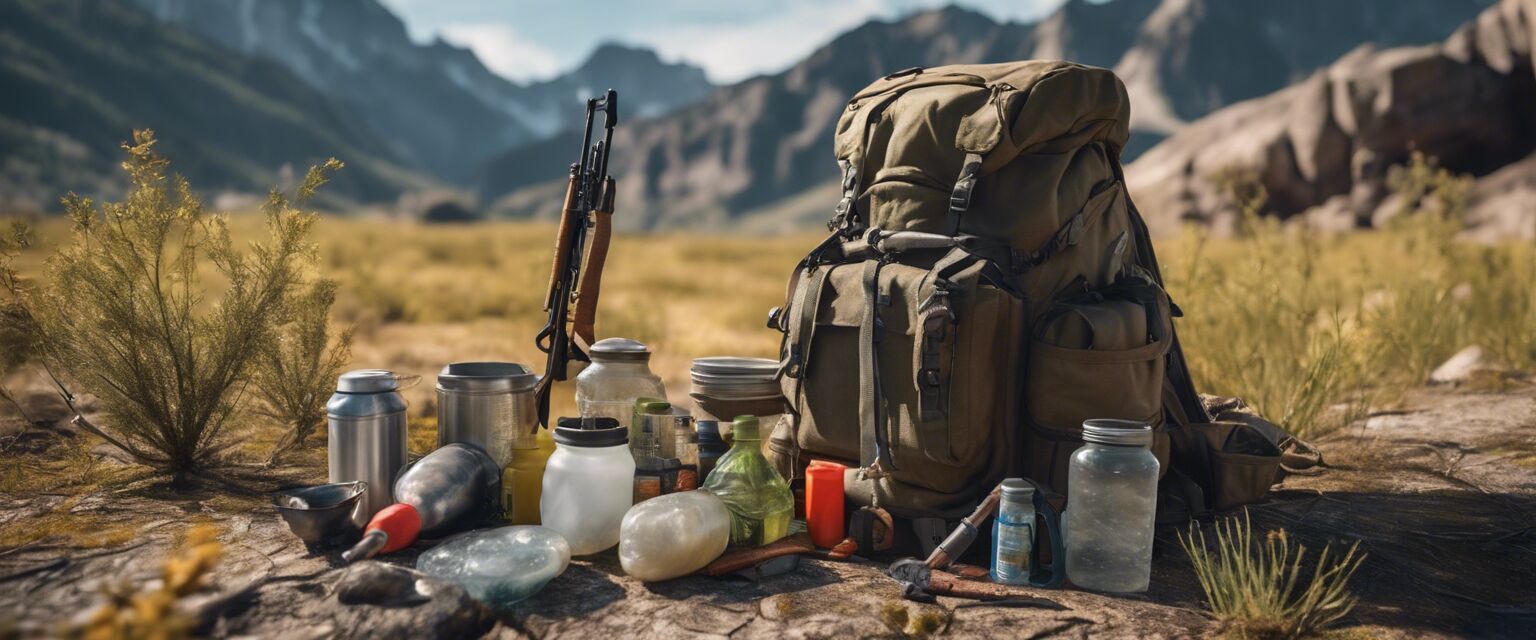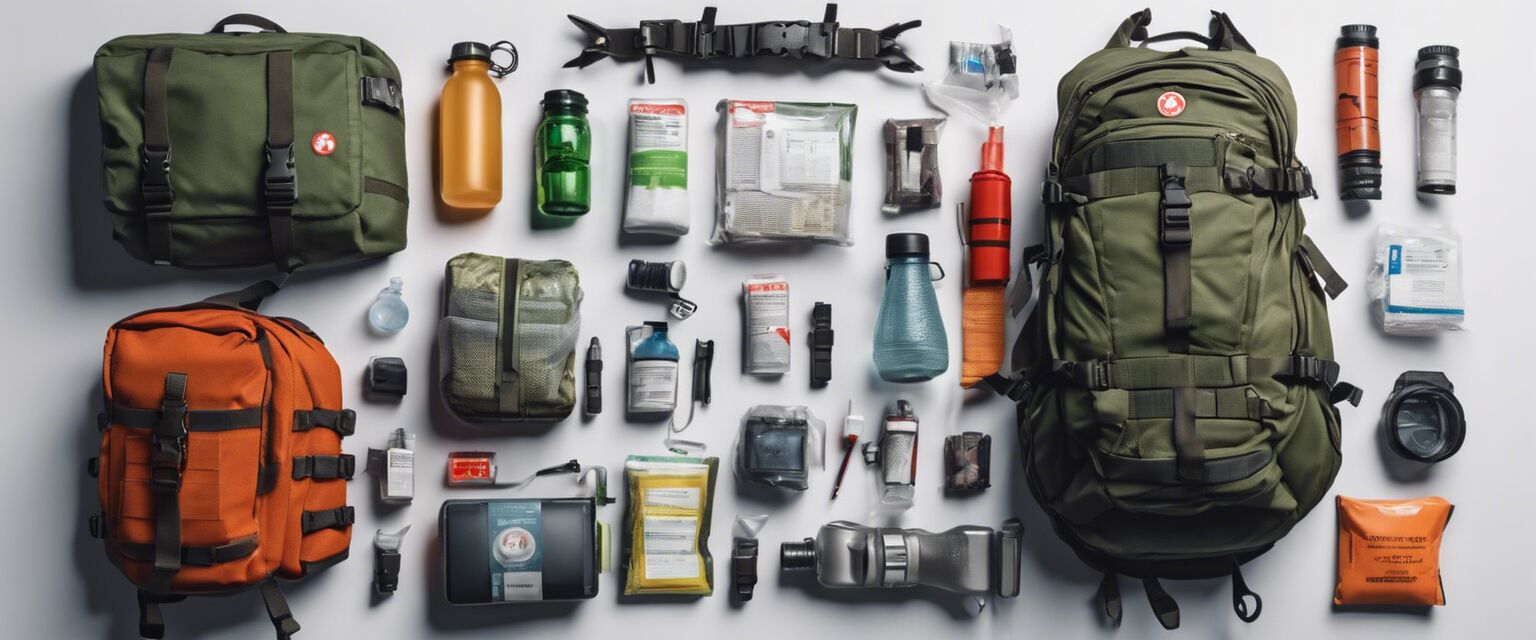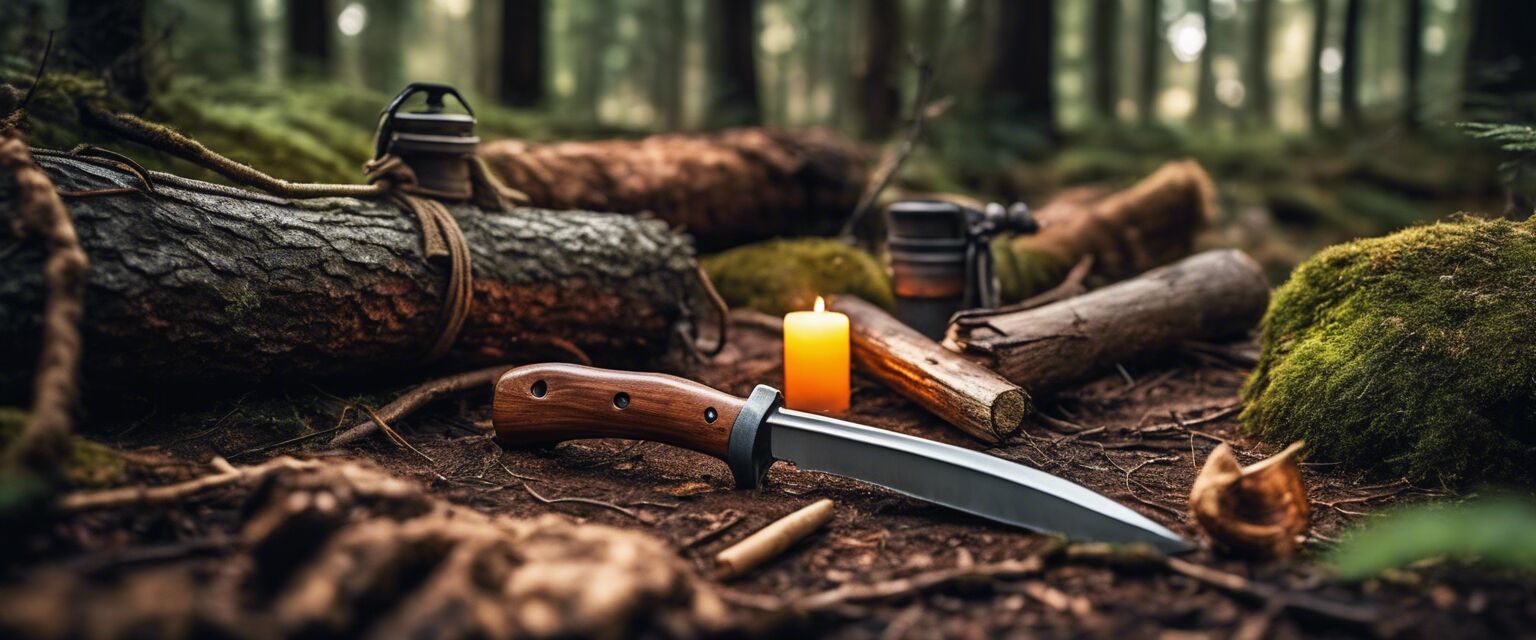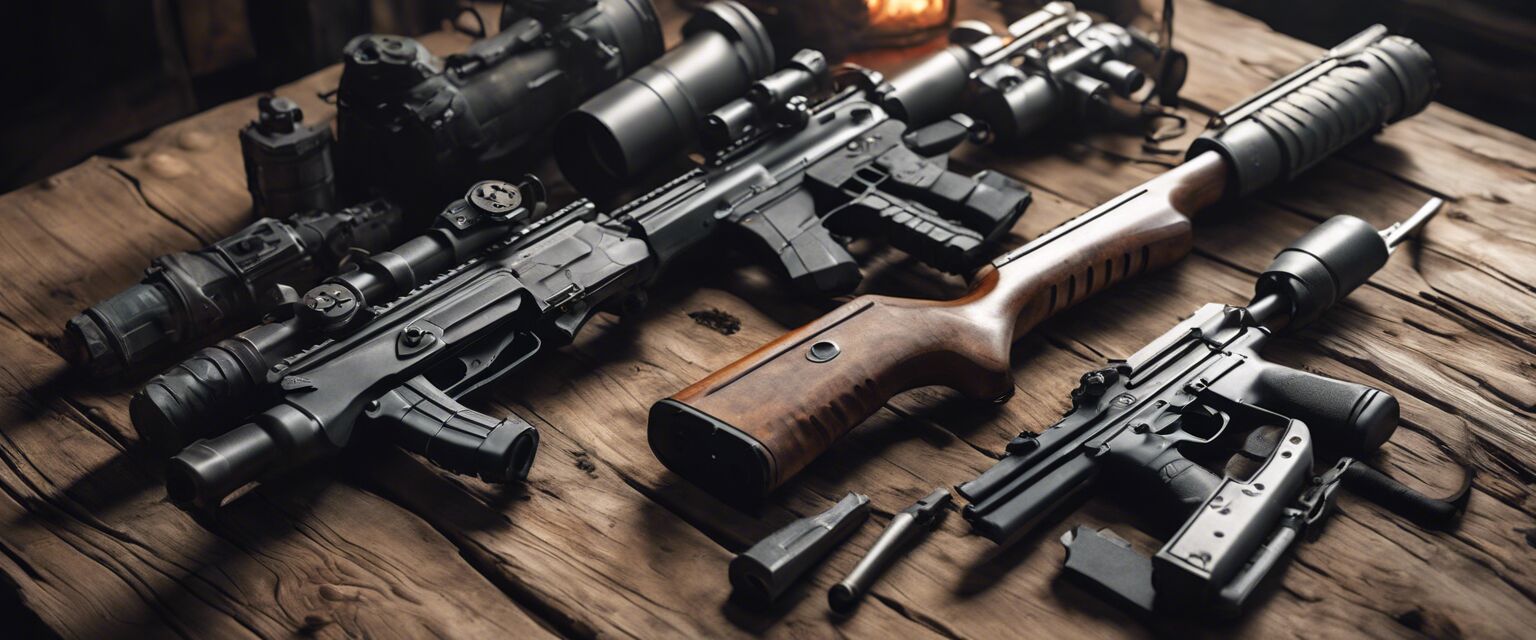
Advanced Survival Weapons
Key Takeaways
- Choosing the right survival weapon is crucial for safety and effectiveness in emergencies.
- Consider the weight, usability, and maintenance of weapons for various scenarios.
- Training in the use of your chosen survival weapons increases your chances of success.
- Always carry basic survival tools alongside advanced weapons for holistic preparedness.
Survival scenarios can arise in a multitude of ways, from natural disasters to man-made crises. In such situations, having the right tools becomes essential. Among these tools, advanced survival weapons can mean the difference between life and death. This guide will provide you with detailed insights on how to choose advanced survival weapons that suit your needs.
What are advanced survival weapons?
Advanced survival weapons refer to tools designed for self-defense, hunting, and protection in emergency situations. Unlike everyday tools, they are crafted for durability, effectiveness, and ease of use under stress.
Types of advanced survival weapons
| Type | Description | Ideal Use |
|---|---|---|
| Knives | Versatile tools for cutting, prepping, and self-defense | Campsite cooking, emergency self-defense |
| Multi-tools | Compact tools that combine several functions into one | General repairs, survival tasks |
| Firearms | Guns for hunting and personal defense | Self-defense, hunting game |
| Archery Gear | Bows and arrows for quiet hunting | Certain hunting on remote trails |
| Self-defense Tools | Personal weapons like pepper spray or stun guns | Personal safety in urban settings |
Factors to consider when choosing survival weapons
1. Weight and portability
Weapons that are too heavy may hinder your ability to move quickly. Choose lightweight options that are easy to carry.
2. Usability
Ensure that you are familiar with the weapon and can use it effectively. Training is key.
3. Maintenance
Consider how easy it is to maintain the weapon. Some require more upkeep than others, which can be difficult in survival situations.
Training and skills
It is not enough to merely own advanced survival weapons. Regular training will enhance your skills and boost your confidence.
Types of training
- Basic firearm safety and handling
- Knife skills for camping and self-defense
- Archery lessons
- First aid training for emergencies
Different survival weapons for different environments
Different survival scenarios and environments may require specific types of weapons. Below is a comparison of recommended weapons for various conditions.
| Environment | Recommended Weapons |
|---|---|
| Forest | Knives, multi-tools, archery gear |
| Urban area | Self-defense tools, knives |
| Desert | Lightweight firearms, multi-tools |
| Rural areas | Firearms, archery gear, knives |
| Mountains | Knives, multi-tools, self-defense tools |
Where to store survival weapons
Storing your weapons in a secure, easily accessible place is vital. Here are some tips:
- Use a durable, weatherproof case for transport.
- Keep your weapons locked away but easy to access in emergency situations.
- Regularly inspect storage locations to ensure they remain secure.
Legal considerations
Always comply with local laws regarding weapon ownership and usage. Being informed can prevent legal troubles during a critical time.
Best practices in survival scenarios
Here's a breakdown of best practices when utilizing advanced survival weapons:
Tips for Beginners
- Start with one type of weapon and gain proficiency before adding more.
- Consider joining a survival training group for hands-on experience.
- Practice situational awareness to improve your overall survival skills.
- Keep your weapons clean and well-maintained for reliable usage.
Conclusion
Choosing the right advanced survival weapons involves a comprehensive assessment of your needs and the environments you'll face. Remember that preparation and training are just as crucial as the weapons you select. With the right gear and knowledge, you'll be better equipped to face any survival scenario effectively.
Pros
- Enhances safety and security.
- Increases chances of survival in emergencies.
- Offers a range of options for different scenarios.
Cons
- Requires training and practice to use effectively.
- Can be legally restricted in some areas.
- Maintenance can be cumbersome for some weapons.
